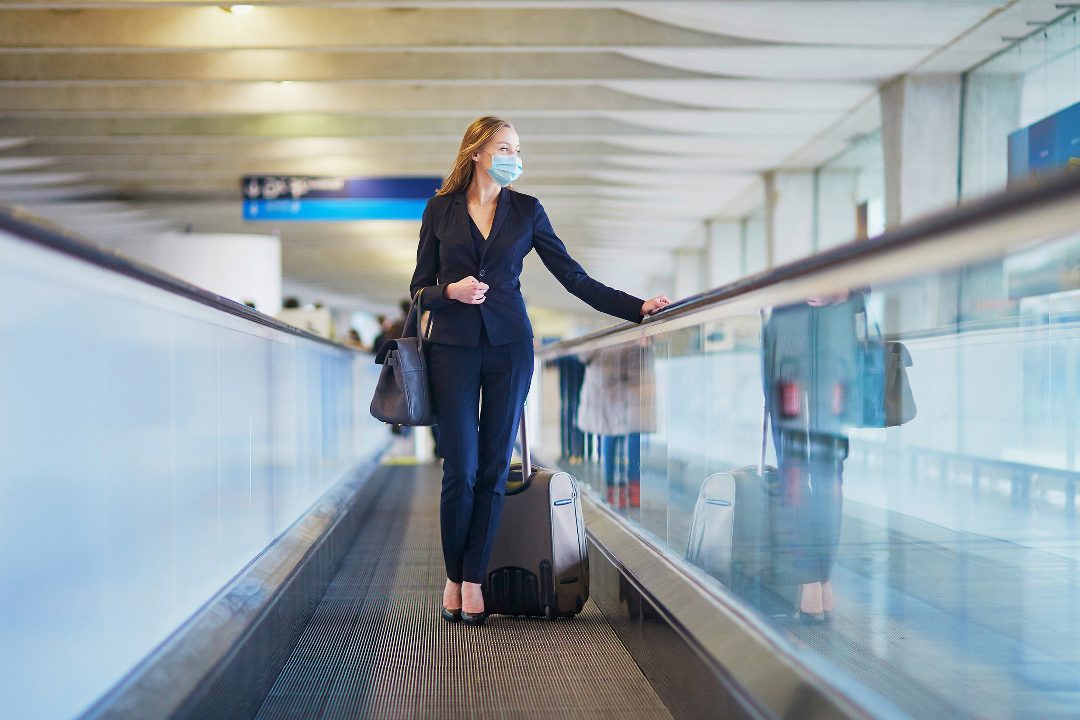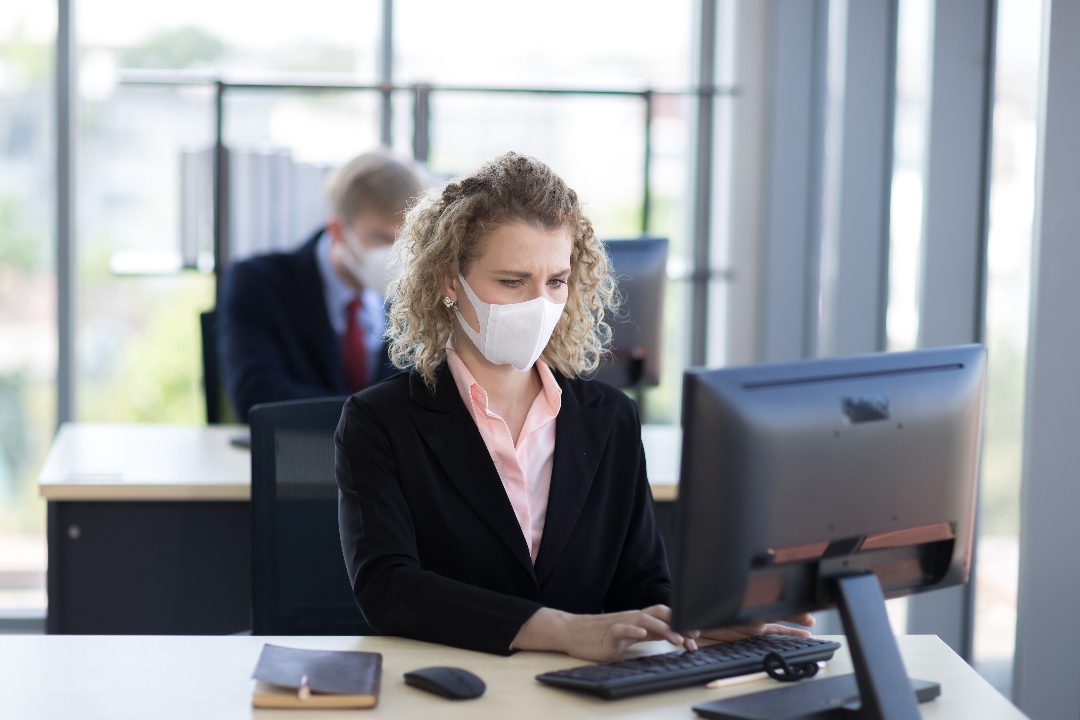Work Life DiGest – Edition 4

Welcome to another edition of our Director Group Work Life Digests, a run through our perspective on the debate and news around workplace and the evolution/revolution which many of our clients and business occupiers across all sectors are embracing (or sometimes challenging).
The debate varies from company to company, sector to sector and region to region, but there is an undisputable energy around the future relationship between the organisation, the team and the individual. We will be sharing our observations, thoughts and highlights from the media over this and future editions.
In this edition we explore the climate emergency and ask, are SMEs doing enough? We also discuss the increasing use of location-agnostic pay models as the ‘back-to-the-office’ data remains weak…
This month, we increase our focus on the issues facing SMEs around climate change, notably in view of the UN report released in early August and the recent events such as wildfires and a record European temperature in Sicily, while maintaining our analysis of the back-to-the office debate.
The ongoing pandemic has provided the hard evidence that many of us could work from home and travel less. The focus on COP26 will likely keep the pressure on us to continue to do so, but it does chime with the need for a better work life balance? For many remote workers, the greater flexibility combined with less commuting has clearly been a real boon. However, some argue that the more negative aspects of working life such as poor management and over-work are still entrenched in many companies and that more needs to be done to change corporate cultures.
“SMEs… are not yet doing enough to measure their carbon footprint…”
That said, changing corporate cultures can be a slow process. And, despite the increasingly dire warnings about the climate emergency, we need to ask ourselves how many of us genuinely try to measure the impact of our actions – the daily commute, the flight to the conference in Madrid – shouldn’t we all be doing a bit less travelling around?
However, it seems that most UK small and medium-sized businesses (SMEs) – which make up around 60% of jobs and around 50% of turnover in the private sector – are not yet doing enough to measure their carbon footprint, according to a poll of over a thousand companies. Cost was the main reason given for not measuring carbon footprint, followed by a lack of in–house understanding – which clearly demonstrates the need for more training and information around how SMEs can contribute to Net Zero.
The good news is that the British Chamber of Commerce and O2 have launched a Net Zero Hub to aid this process and there are a plethora of tools out there which can calculate carbon footprint, including this one designed specifically for SMEs from the Carbon Trust.
“…it seems that the great ‘return to the office’ is now underway although occupancy rates remain well down on pre-pandemic levels…“
In essence, the huge remote working ‘experiment’ brought about by the pandemic has made us examine our commutes and how we interact with each other, as well as our space requirements, as we migrate towards more sustainable ways of living and working. The influence and availability of new technologies to enable this migration will also be significant.
In the words of the UN Secretary-General António Guterres, the latest IPCC Climate Report is a ‘Code Red for Humanity’ which underlines how urgent the situation now is if we are to keep the rise in global temperatures to the agreed threshold of 1.5 °C. If we’re not already taking action on climate change, then we need to start – NOW!
Based on press reports and indeed our own observations and conversations, it seems that the great ‘return to the office’ is now underway although occupancy rates remain well down on pre-pandemic levels and a full return is likely to take some time. It is difficult to quantify the exact numbers but a number of landlords have indicated that more staff are coming back to the office and the rail and tube networks are generally busier. While retail footfall data from Springboard weakened marginally last week (week ending 10/09), data for office-focused locations in Central London showed an improvement on the previous week.
“…remote working is here to stay and likely to grow.”
Google is reportedly looking at reducing salaries for its US employees choosing to work from home permanently post-pandemic, with many employees thought to have already accepted pay cuts as part of new working arrangements. Other firms are also following suit with new location-agnostic pay models, while smaller cities with a lower cost of living are actively trying to attract tech talent.
In our view, this is a significant change to which we have alluded in a previous edition of the DiGest. While only around a third of the UK workforce has ever worked from home, remote working is here to stay and likely to grow. The implications for businesses are huge, notably for salary structures – why pay someone a London salary if the role can be performed remotely in a location where the cost of living is much lower? If people are travelling less, why do they need a car allowance or the rail ticket loan? Or indeed the extra salary full stop… but then again, there are the increased costs of working from home to take into account, too.
Convincing employees to return to the office because of health & safety reasons may prove a challenge for many companies. This aspect is now front and centre of new office designs, as the refitted H3 building in Bucharest shows, while questions around employees’ rights in respect of remote working are being asked increasingly.
So, the potential for changes to the way we work, rest, play and learn continues to feel quite material. Arguably, in many respects a number of these changes were in the offing pre-COVID, but the pandemic has accelerated the thinking and speed of change that we are likely to experience. One thing has NOT changed: and that is we need to respond urgently to the climate challenge, which is one for which we should all feel personally accountable.




